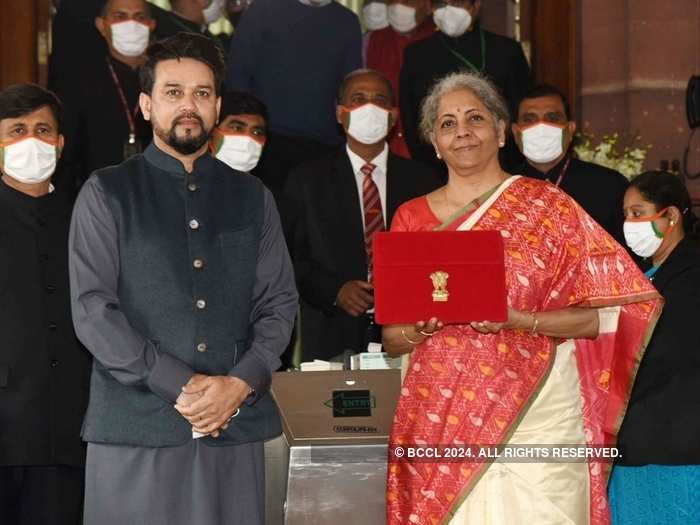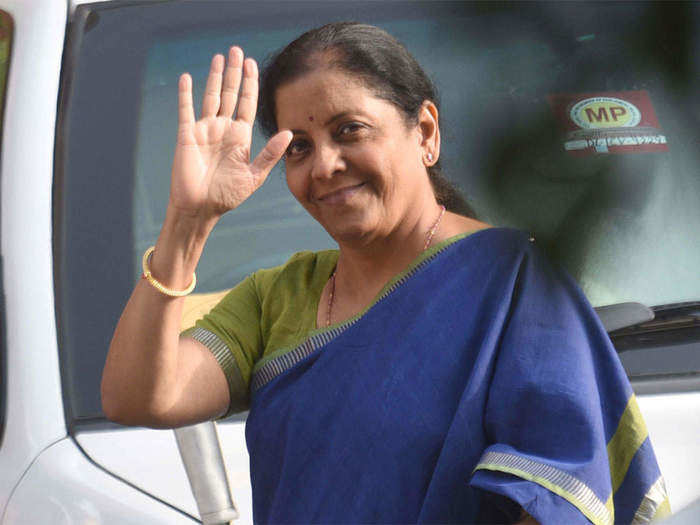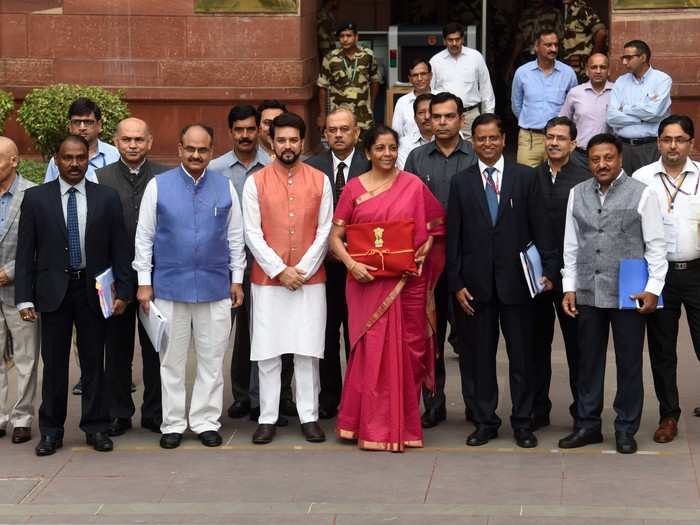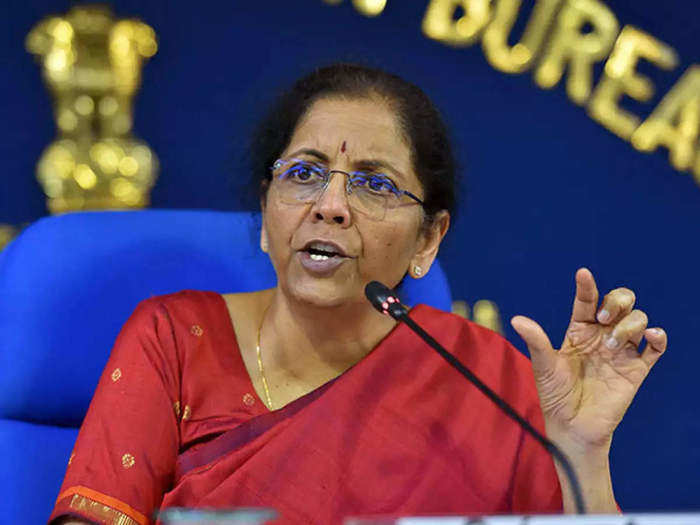BCCL
- A day before the Budget, the pessimists were worried about a possible Covid cess and the optimists were hoping for a tax sop to tide over troubled times.
- FM Sitharaman did neither, but is hoping her proposals will put more money in the hands of the people.
- India will spend as much as ₹5.5 lakh crore on creating infrastructure and over ₹2 lakh crore of that will be for states and Union Territories.
A day before the Budget, the pessimists were worried about a possible Covid cess and the optimists were hoping for a tax sop to tide over troubled times. Nirmala Sitharaman did neither, but is hoping her proposals will put more money in the hands of the people, though not directly. She also hopes to push for growth without having for the countrymen to pay for it.
She explains this delicate balance that she hoped to achieve in four different interviews. Here is a quick look at what the Finance Minister said in a nutshell -- on spending to boost growth and the dharam sankat of disinvestment.
‘You don’t know whether to spend that money or save it’
BCCL
India will spend as much as Rs 5.5 lakh crore on creating infrastructure and over Rs 2 lakh crore of that will be for states and Union Territories -- who will be nudged to spend this for the same. For her, this is a better way to put money in people’s hands without actually doling out the cash. Money, she says, can be in the form of a job or a manufactured product as well.
While the government did deposit money directly into the bank accounts of people, it also did get locked up.
“You don’t know in these periods of uncertainty, whether you should spend that money or save it. So the way in which we have looked at this is capital expenditure is a sure shot way to create that virtuous cycle,” she told
Doordarshan and Hindustan Times.
‘If I don’t spend now, I will be consciously delaying growth’
BCCL
The government has always been conservative about borrowings as it would affect sovereign ratings. However, this time around, the FM has decided to fund increased expenses with loans rather than generate revenue via taxes. The market was abuzz with talks of a potential Covid cess, which would have been a way for the government to pass on its burden to the people. But Sitharaman said that this was never on the table.
“It is one thing to be conservative at normal times but if I don’t spend now, I will be consciously delaying growth. A stimulus is absolutely necessary as it gives us the required multiplier effect and income generation will fall into place,” she told Moneycontrol.
The interest of growth and depths of transparency
BCCL
It looks like India will be borrowing a lot of money which means like every other person, they would also be worried about interest rates. Due to the intervention of central banks around the world, the cost of funds has been fairly low but that might soon change. Are interest rates and inflation giving Sitharaman sleepless nights?
“I am aware of the inflation but I am worried about it. When there is greater demand….which is what we want, there will be inflation as there is a lot of liquidity in the market.We prepared a responsible borrowing calendar,” she told
ET NOW.
The dharam sankat of disinvestment
BCCL
One way in which Sitharaman wants to generate revenue is to complete the divestments of state owned companies including BPCL, Air India, Pawan Hans and more. The idea is to complete the sale by the end of 2021-22 which could add as much as Rs 1.75 lakh crore to the hungry government coffers.
She also allays the fears of those who are worried that the government would exit these businesses and the after-effects of these assets falling into private hands.
“Why should there be fear? Haven’t we said minimum government, maximum governance? A classic example is Air India. How long have we had this dilemma, the dharam sankat? Did it benefit us? It drained resources and accumulated a huge amount of debt. I am also responsible as to how effectively I am using taxpayers’ money,” she told Times Now.




